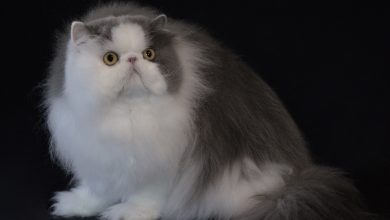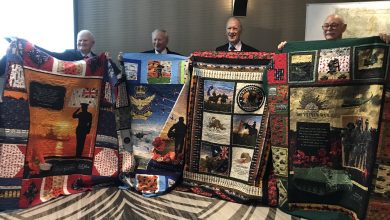Dogs are considered seniors when they reach their 7th birthday, for cats it is their 10th birthday.
Just like humans, animals need greater care in their senior years as older age presents new health problems for our pets and it is important to be aware of the signs of aging as early detection is vital.
Some symptoms of aging may be obvious, like an intolerance to exercise or limited mobility, while others are much more subtle. It is important to monitor your pet’s eating patterns and body weight, as obesity can cause many health issues, including osteoarthritis and diabetes in old age.
Similarly, if your pet is too thin it could be having dental issues, metabolic disease or certain types of cancers.
Sleeping patterns and cognitive behaviour are also things to look out for; a cat or dog that isn’t aware of its surroundings or has difficulty recognizing people may be experiencing early cognitive dysfunction or dementia.
Also, looking at the condition of your pet’s coat and how much your cat is grooming itself can also be indicative of its health.
The signs of old age can be more difficult to detect in cats than dogs due to their sedentary lifestyle.
A less obvious but just as important sign of aging is how much your pet is drinking and urinating. How much your pet is or isn’t drinking can be indicative of many problems, from endocrine issues to kidney disease. Kidney disease is very common in older cats. Water intake is often difficult to check, especially in multi pet households, but water intake should be monitored closely if possible. The normal water intake for cats and dogs is approximately 50ml per kg body weight per 24hrs, any level above this warrants a check-up.
Because our pets can’t talk to us and communicate how they feel, senior pets should have a routine blood test every year. This helps to determine the health of many important internal organs such as the kidneys and liver and can often be the first indicator that something is wrong.
Senior Pets are the focus during April at Sydney Animal Hospitals with the opportunity for your pet to have a geriatric profile blood test and Hill’s Pet Nutrition senior food ranges at a reduced price.
If you have a senior pet, contact your local Sydney Animal Hospitals at Kellyville 8883 0533 or Norwest 8883 0411 or visit sydneyanimalhospitals.com.au




